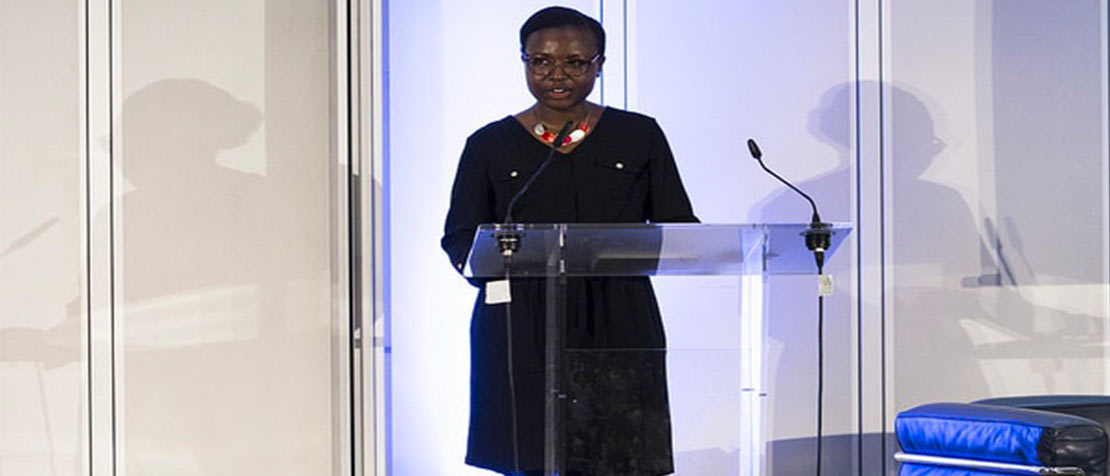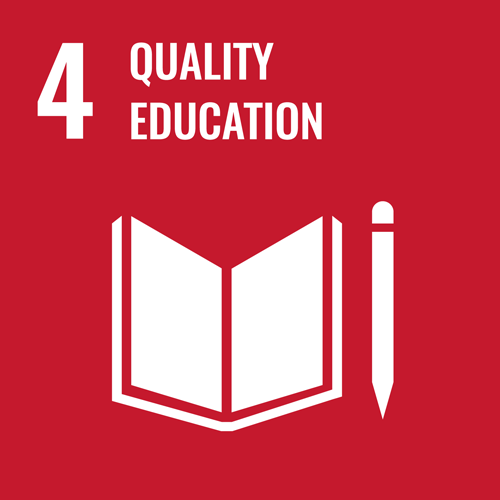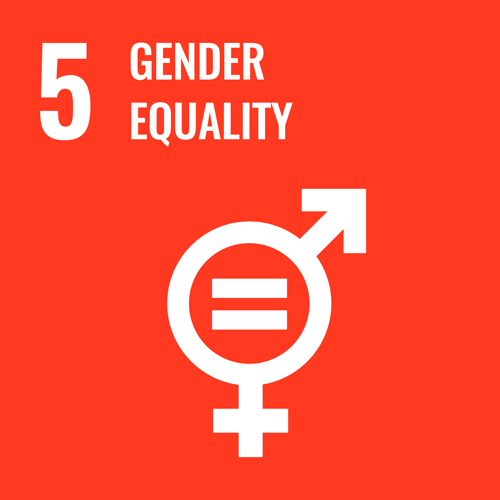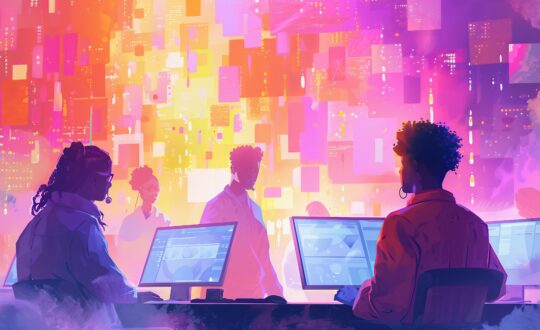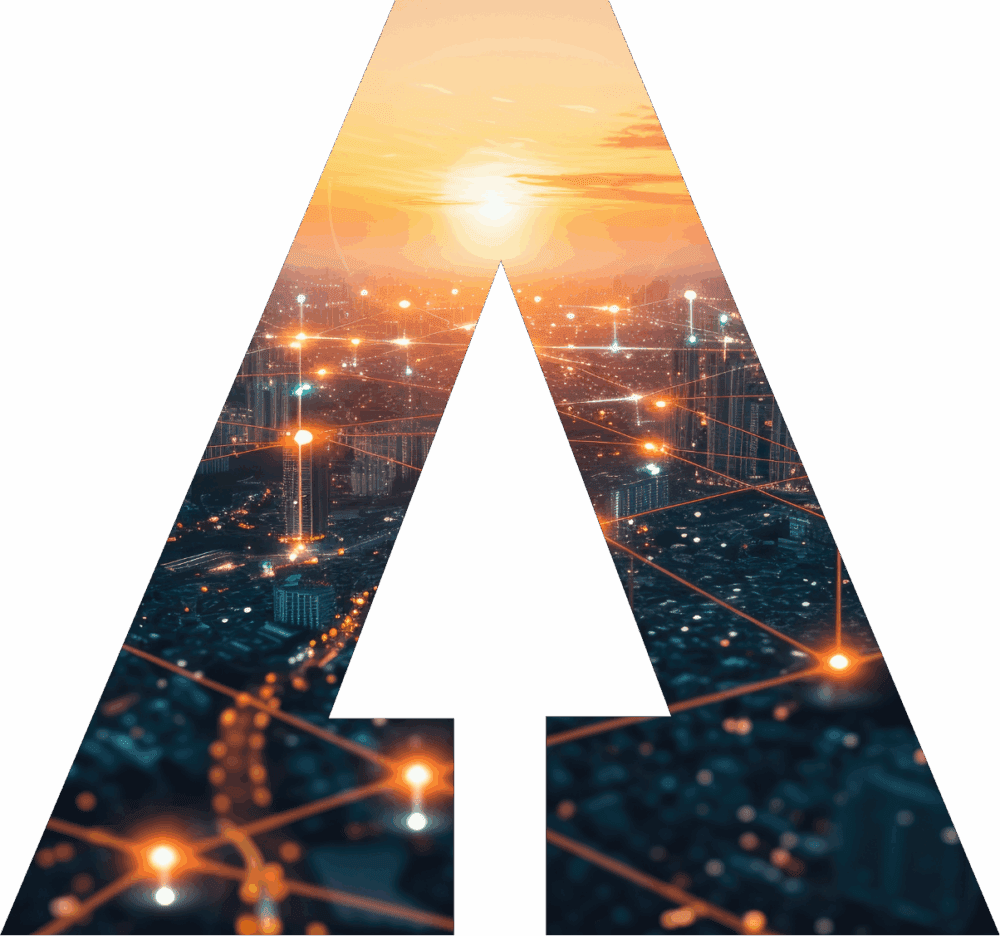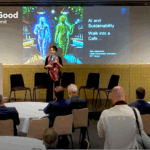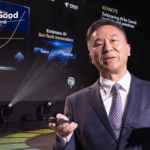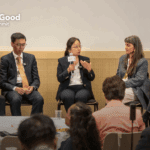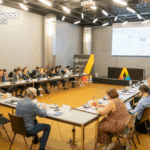Organizations are increasingly reliant on Machine Learning (ML) models to weigh in on decisions to hire, grant loans, sentence criminals, and release prisoners on parole.
While it may seem that limiting the role of humans in such decisions would limit subjective biases, these ML models learn from data that are, in many cases, representative of existing societal biases.
Researchers from Boston University and Microsoft have shown that software trained with text collected from Google News reproduced gender biases. When asked to complete the statement “Man is to computer programmer as woman is to [blank],” the trained software responded with “homemaker.”
RELATED: Action-oriented AI for Good Global Summit gets off to roaring start
Female representation is important in the fields of ML and AI to highlight, interrogate, and correct biases such as the ones implicit in the previous example.
Female representation is also important in these fields because as long as a solution is only built for-women and not by-women-for-women, women’s views, voices and concerns will not be wholly accounted for, and existing gender biases will be further amplified.
Improving representation of African women in ML and AI
In December 2016, members of the Nairobi Women in Machine Learning and Data Science community met for the first time. There were 11 individuals in attendance, 9 of whom were women.
Today, the community has expanded to over 1000 members, with an average attendance of 60 to 70 people per meet-up, of whom at least 50 percent are normally women.
“Women from our community have facilitated introductory Machine Learning sessions for university students at a local Google Developer Festival in 2017.”
The journey of building this community has been well-documented my co-organiser, Muthoni Wanyoike.
Thus, rather than retelling our story, I will focus on what has worked for us in terms of improving the representation of African Women in Machine Learning and Artificial Intelligence.
The first and most obvious step is to ensure that women have a positive, supportive space in which to engage in technical and professional conversations. Our monthly meetups have achieved this purpose.
For women, by women
Often, tech forums with open access end up by default catering to the needs of men, as they are the majority in this field, with women as an afterthought.
RELATED: What’s next for ‘AI for Good’? 4 key transformations on the horizon.
What we have done differently is to design our community from the ground up for-women-by-women, which has led to consistent, recurrent female attendance at meet-ups and other AI & ML events.
The fact that our community is branded “Nairobi Women in Machine Learning and Data Science” has been a powerful statement to women, signaling that this space is here for them regardless of their level of expertise.
Secondly, we realized that having women in the room as recipients of training does not always mean they are learning skills effectively.
To ensure that women are actively engaged, we challenge them to teach others what they have learned. Such exercises serve to reinforce the concepts they have learned, give them confidence in the skills they have gained, and push them to showcase their capabilities to the world.
Women from our community have facilitated introductory Machine Learning sessions for university students at a local Google Developer Festival in 2017 as well as the Nairobi Women in Data Science (WiDS) Code Labs, which was concurrent with the WiDS conference held at Stanford in early 2018.
The third and final step is to have women identify problems in their surroundings and build AI-powered solutions to address them. This is the pinnacle of what we aim to achieve – to be able to support women’s AI-powered solutions to the point where these ideas become successful businesses.
- Kathleen Siminyu is Head of Data Science at Africa’s Talking and Team Lead at Nairobi WiMLDS. The original version of this article appeared on the website of EQUALS, the global partnership to bridge the digital gender divide.


